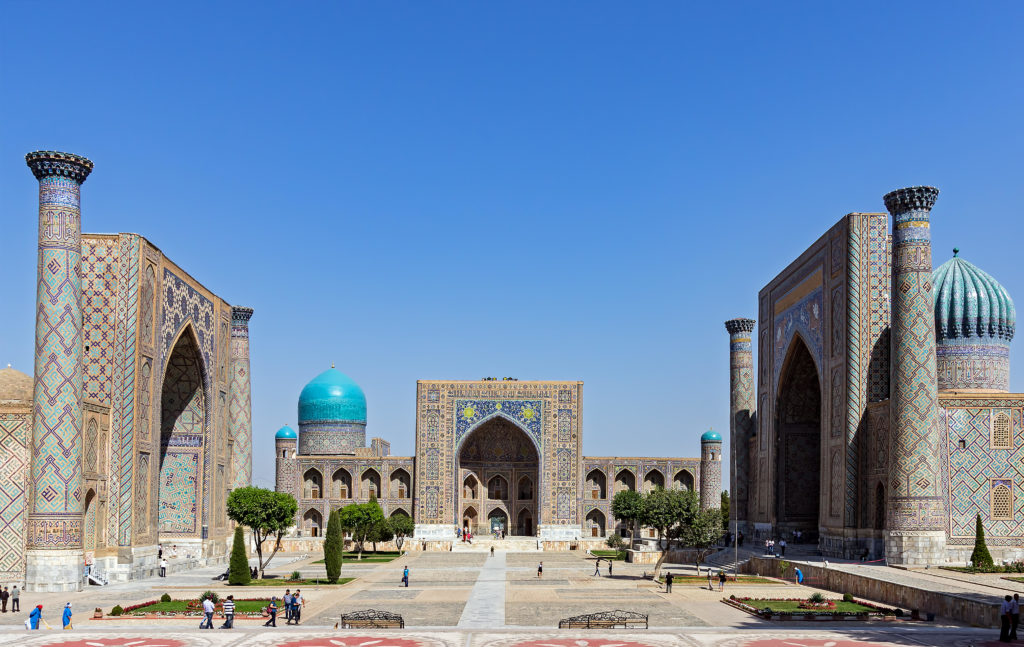TASHKENT
The European Bank for Reconstruction and Development (EBRD) and Uzbekistan’s government signed two loan agreements – a $20 million loan for an urban sustainability project in Samarkand city and a $70 million funding for a water supply improvement project in Namangan region, the country’s Ministry for Investment and Foreign Trade said.
The documents were signed during the EBRD delegation’s visit to Uzbekistan. It was headed by First Vice President Jurgen Rigterink, who announced in Tashkent that Samarkand has become the 48th member of the EBRD’s Green Cities urban sustainability programme.
“Samarkand, one of the oldest inhabited cities in Central Asia, which prospered from its location on the Silk Road trade route between China and the Mediterranean, has become the first city in Uzbekistan to boost its urban sustainability planning by joining the EBRD’s 3-billion euros flagship programme,” the EBRD said.
EBRD Green Cities, set up in 2016, helps each member city tailor solutions to its environmental needs with a unique combination of measures designed to move towards a lower-carbon and more liveable future. Membership of the programme will help Uzbekistan reach its goal of achieving carbon neutrality by 2050, the EBRD said, adding that globally, cities account for three-quarters of greenhouse gas emissions and represent a prime opportunity to tackle climate change.
On joining the sustainability programme, cities undertake a trigger project with EBRD finance – in Samarkand’s case, this is expected to be an investment in electric buses – and also draft a Green City Action Plan, setting out further actions to improve the local environment.
A $70 million loan will be directed at improving the water supply of the Chust, Pap and Namangan districts, as well as the sewage system of the Chust and Mingbulak districts of the Namangan region, the ministry said.
Through the implementation of these projects, more than 170,000 people living in the Chust, Namangan and Pap districts of the Namangan region will have constant access to clean drinking water. The investment will also make it possible to connect about 115,000 new users to water supply networks. Thanks to the new infrastructure, water losses will be reduced by 0.6 million cubic meters per year.
To date, the EBRD has invested more than 2.4 billion euros, through 97 projects, in Uzbekistan. In 2020, the EBRD responded to the challenges of the COVID-19 pandemic in the Central Asian country by committing $521 million through 18 projects in various sectors of the national economy. The funds were used to prop up the country’s banking sector and support small private companies’ access to finance, upgrade key infrastructure and promote the development of renewable energy.

